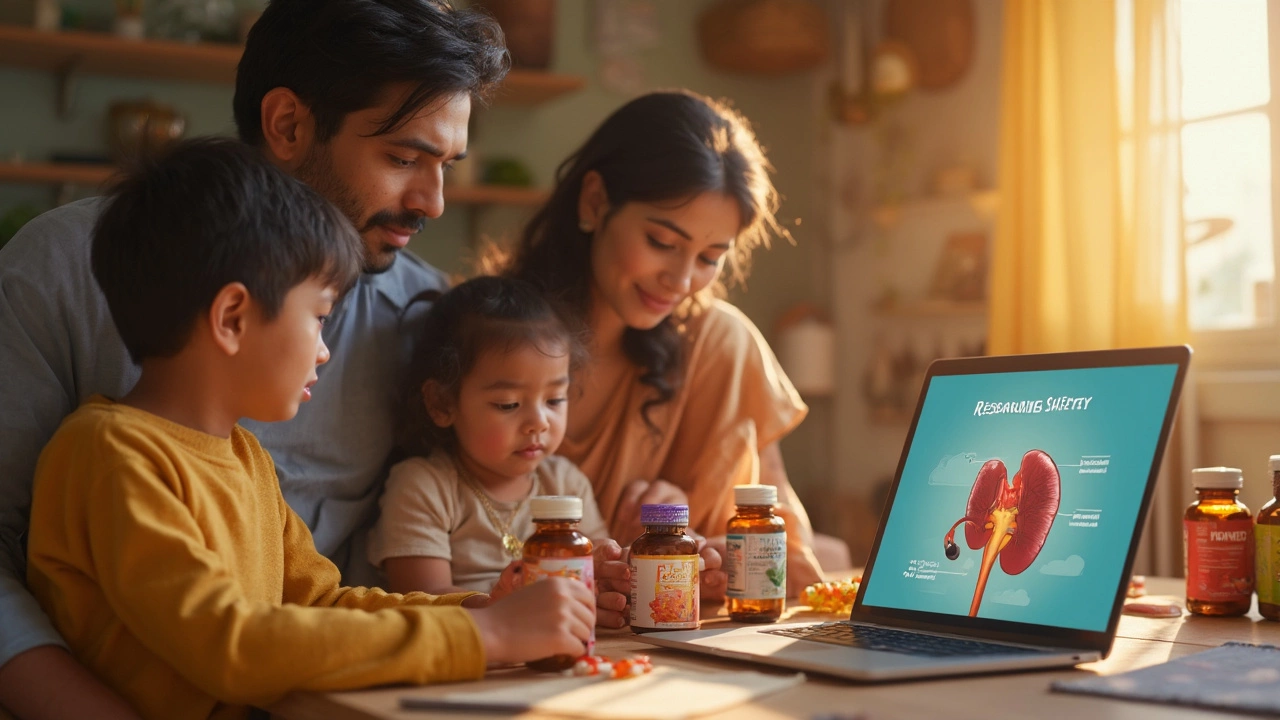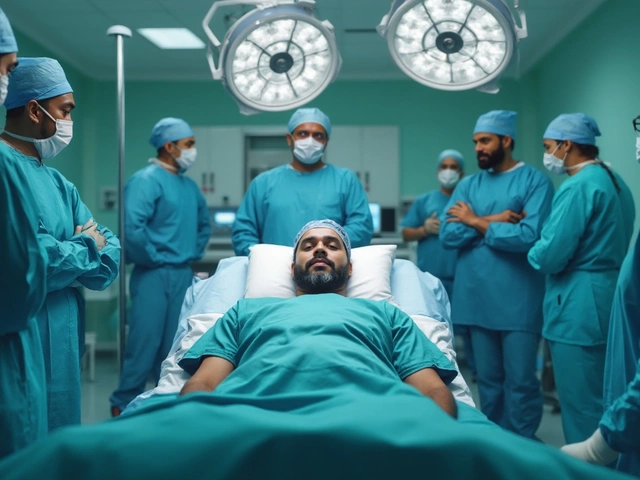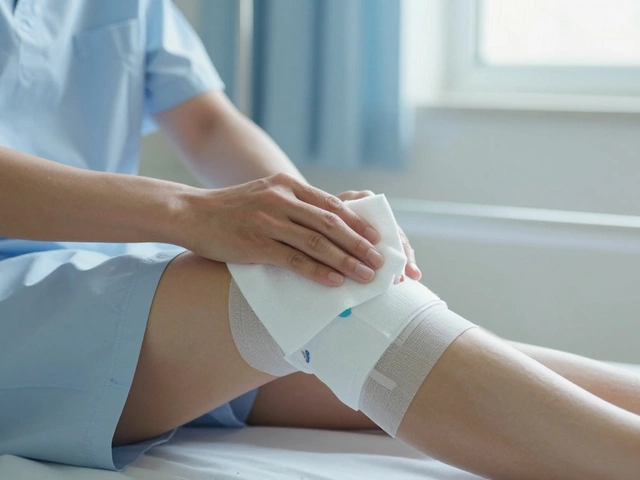Renal Safety – What You Need to Know About Protecting Your Kidneys
Kidneys filter waste, balance fluids, and keep blood pressure steady. When a medicine harms them, the damage can be silent at first but serious later. That’s why paying attention to renal safety matters for anyone taking prescription or over‑the‑counter drugs in India.
Why Some Drugs Threaten Your Kidneys
Not all pills are equal. Pain relievers like ibuprofen, certain antibiotics, and some diabetes medicines can reduce blood flow to the kidneys or cause direct toxicity. In India’s busy pharmacies, it’s easy to pick a drug without checking the label for kidney warnings. You might also be taking multiple medicines that interact and stress the kidneys further.
Even herbal supplements aren’t automatically safe. Some Ayurvedic formulas contain heavy metals or high amounts of potassium, which can overload a vulnerable kidney. The bottom line: every product you swallow has the potential to affect renal health.
Practical Steps for Better Renal Safety
1. Ask before you buy. Tell your doctor or pharmacist you have kidney concerns. Ask if the drug is cleared by the kidneys and whether a lower dose is safer.
2. Check the label. Look for words like “nephrotoxic,” “requires dose adjustment in renal impairment,” or “avoid in kidney disease.” If you can’t read the fine print, ask the pharmacist to explain.
3. Stay hydrated. Adequate water helps kidneys flush out waste. Aim for at least 1.5–2 liters a day unless you have a medical condition that limits fluid intake.
4. Track your labs. If you’re on long‑term medication, schedule regular blood tests for creatinine and eGFR. Early changes can signal a problem before symptoms appear.
5. Watch for warning signs. Swelling in the ankles, sudden weight gain, decreased urine output, or persistent fatigue can all point to kidney stress. Don’t ignore them—talk to a doctor right away.
6. Be cautious with self‑medication. Over‑the‑counter painkillers, vitamin C megadoses, and weight‑loss supplements may seem harmless but can pile up toxins the kidneys must handle.
Another useful habit is to keep a simple medication list. Write down the name, dose, and why you take each drug. Bring this list to every clinic visit. It helps doctors spot risky combos and adjust doses before trouble starts.
Renal safety isn’t just a medical checklist; it’s a daily habit. By staying informed, asking the right questions, and monitoring your health, you can keep your kidneys working smoothly while still benefiting from the medicines you need.
Remember, protecting your kidneys today means fewer complications tomorrow. Take a few minutes each month to review your meds, hydrate, and book that lab test. Your future self will thank you.

Can Too Much B12 Damage Kidneys? Cut Through the Confusion
People often worry about the safety of supplements, and vitamin B12 is no exception. This article digs into whether taking too much B12 can hurt your kidneys, especially if you already use herbal supplements. We’ll sort fact from rumor, look at real research, and talk about what you actually need to know about B12 and kidney health. You’ll also find actionable tips for safe supplement use. Everything is explained in plain language, with a focus on what matters most for your health.

How Rare Is It to Survive Open Heart Surgery?
May, 11 2025

Does Stiffness Ever Go Away After Knee Replacement?
Apr, 29 2025


